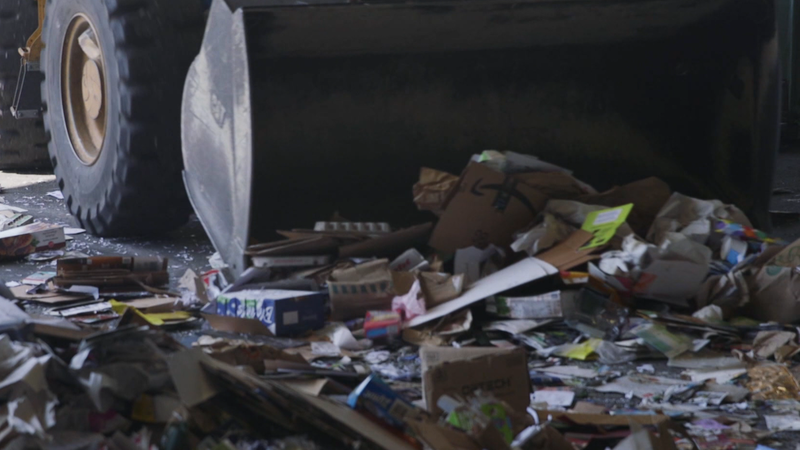
SOUND OFF: British Columbia leads the way with recycling initiatives
ACCORDING TO The United Nations, the trend towards sustainable living continues to gather momentum. This has a knock-on effect globally, and in British Columbia an ever-increasing number of people and businesses are recycling. With an increased focus on reducing the amount of waste that ends up in landfills, recycling initiatives have had to step up to the plate and offer their services. Recycle BC is one of the many Canadian organizations leading the way in the province.
Recycle BC is a non-profit packaging and paper recycling organization in British Columbia that promotes recycling best practices and educates residents about the environmental benefits of recycling. The initiative is funded by businesses that produce paper and packaging and residents do not pay for the recycling service. The main intention, says MD Allen Langdon, is to “connect with the public so they recycle more, and recycle correctly.”
Recycling On The Rise
Launched in 2014, Recycle BC has made incredible inroads. Currently, 97 per cent of British Columbians have access to recycling depots or services, more than 186,00 tonnes of materials are collected per annum, over 1,200 businesses offer financial support to the program and 157 communities participate in this initiative.


